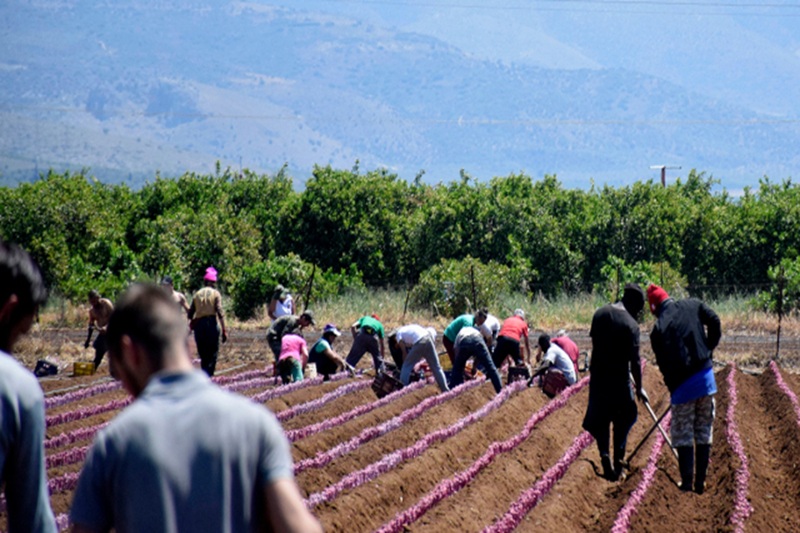
(C): Twitter
During a parliamentary committee meeting, Bulgaria’s social minister Borislav Gutsanov stated that between 50,000 and 70,000 migrants from foreign countries need to end up working in Bulgaria towards the end of 2025. The total number of foreign workers coming into Bulgaria was equal in the first four months of 2025 to than it was in all of 2024.
Why is reliance on foreign labour increasing?
This growth is being driven by industries with persistent staff shortages. The primary industries tracked are tourism and hospitality, followed closely by agriculture and food processing and highlighted by heavy reliance on non-EU seasonal workers in examples such as resort complexes.
More than 108,000 non-EU foreign workers have flown in over the last six years, sourced from 65 countries. The main countries of origin are Uzbekistan, Turkey, Kyrgyzstan, Nepal, India, Russia, and Ukraine, working in sectors such as hospitality, manufacturing, construction, IT, and transport.
Can’t Bulgaria employ its own young people?
There is an even bigger contradiction – there are approximately 200,000 young Bulgarians who are not in work or in education or training (NEETS). Bulgaria has one of the highest NEET proportions (around 17 – 18%) in the EU. As Gutsanov pointed out, the government has commissioned a considerable study at the individual level to understand why so many young people are idle when the country is also importing labour.
What challenges remain?
Delays in bureaucracy extend the process of hiring migrant workers, particularly workers from Indonesia, Uzbekistan or Bangladesh; it can take months to issue visas after approval. Also, quotas place the hiring of foreign workers at a maximum of 20% of staff for larger firms and 35% for small and medium-sized enterprises (SMEs). Officials are looking into the possibility of re-examining these limits.
To sustain its economy, Bulgaria must balance two intertwined strategies: attract foreign workers and simultaneously activate its domestic NEET population. The government is working on early identification and activation programmes, supported by EU-aligned active labour market policies. Gutsanov stated, “We cannot bring in 50,000 people from abroad and, at the same time, have 200,000 young people idle.”
Bulgaria’s initiative to issue as many as 70,000 migrant workers in 2025 represents an important approach to labour shortages in several sectors. However, in order to make this approach successful, it needs to also address the paradox of the low employment rates for young people in Bulgaria.







